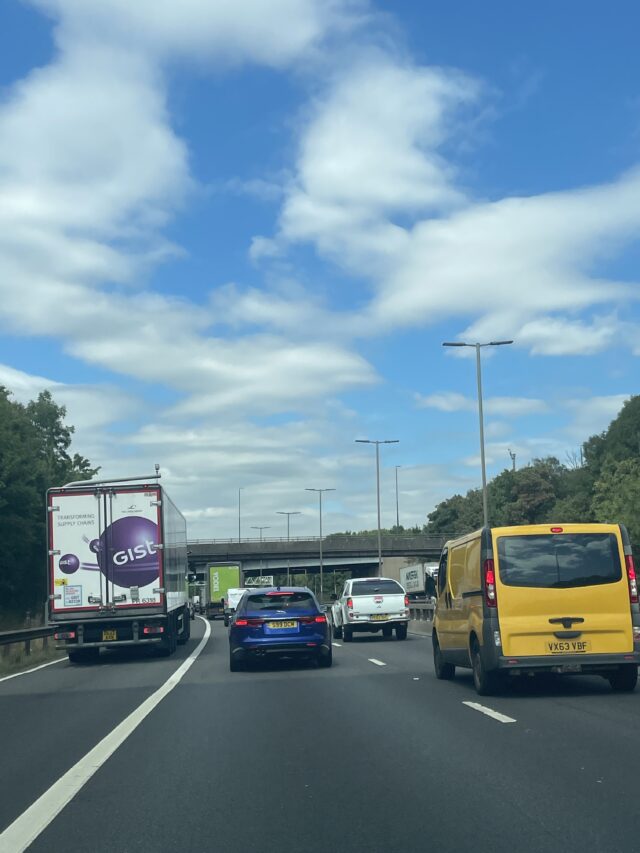Recently passed your driving test? Congratulations! While passing your test is a major milestone that’s worthy of celebration, it can be daunting knowing where to start when it comes to finding that hard-earned first vehicle. If you’ve recently been given the green light and you’re looking to buy your first car, consider taking these simple steps to get your dream ride on the road:
Your finances – Car ownership is increasingly expensive in the UK, with the average price of popular models increasing by approximately 57% since 2019. When buying your first vehicle, it’s crucial that you work reasonably within your budget and get the best deal for your money – expenses to take into account when considering first car ownership include car insurance, the cost of fuel, annual MOTs, maintenance costs, car tax, breakdown cover, congestion charge and the cost of the vehicle itself.
Choose your model carefully – Although affordability is a key factor to take into account when searching for a first vehicle, it’s also important that your car is safe, reliable and efficient. While particularly popular second-hand car models with British buyers include Ford Fiestas, Vauxhall Corsas and Volkswagen Golfs, new car owners are advised to invest in a used Peugeot 2008 for sale if they’re looking for a newbie-friendly, cost-effective first vehicle; this is due to its simple hatchback design, low breakdown rate, modest pricing and relatively low insurance rate (between groups 6-13).
Choosing where you buy from – Once you’ve worked out a budget and you’re ready to start shopping for your preferred model, consider whether to use a private seller or a car dealer. While it’s often cheaper to buy privately, going with a reputable dealership is recommended if you want to ensure that your first car is up to standard – you’ll also have more legal protection if something goes wrong down the road. Because it’s now easier to buy cars online, you won’t have to visit multiple showrooms in order to compare prices and find your ride.
Research before buying – When buying a used car, it is advised that you get to grips with the history and status of the vehicle, including any existing faults, MOT history, mileage, age, service record and any previous maintenance or repair work. You’ll also need to find out how many previous owners the car has had, check the vehicle’s logbook and ensure that all relevant details (such as the VIN) match correctly. Do thorough research on the car before buying and make any agreements in writing – ensure that you’re taxed before driving on the road.
Physical checks – In the same way, that you need to check the legal status of your vehicle, there are physical checks that need to be conducted before you make the big purchase; these include testing the clutch, gears, brakes, steering, acceleration and dashboard controls; it’s also worth checking whether the car offers a comfortable ride and if its dimensions are compatible with your driveway and local roads.




